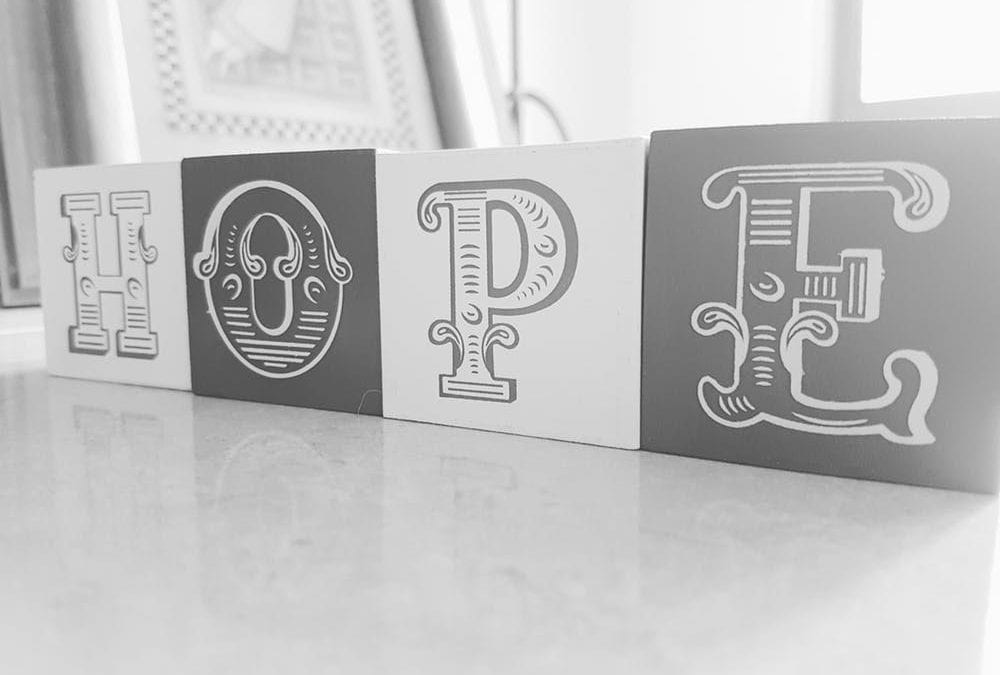By: Thea Madeline Porter
I grew up in a typical middle class neighborhood in southern California. During my childhood I enjoyed being creative, playing sports, taking Irish dancing, listening to music, watching movies and hanging out with friends and family. I was diagnosed Bipolar Type 1 when I was 20 years old.
In my early 20’s it is thought that with some mild drug use and a strain of newer ADD medication my disorder came to the surface. With each manic episode my condition became very apparent on social media. It’s difficult for me to decipher from one year to the next with manic episodes. I endured a variety of trauma for that time period.
After my first episode I was overmedicated. My friends said I wasn’t really all there. I would get sleepy at every social event and classes. I was also prescribed antidepressants that I since learned are not good for some people with bipolar disorder. I forgot my meds one day and felt so much more alert and alive. I thought I was misdiagnosed so I stopped taking them all together and that’s when I spiraled into my second manic episode. In total I have been to three separate mental hospitals and an outpatient program.
After both episodes I would fall into a depression. It wasn’t too deep because the mood stabilizers I was on prevented that but what had been so apparent to the public eye was that whatever I was struggling internally with was causing embarrassment, anguish and guilt. I kept asking, “Why me?!” over and over. But I had to survive. There was a voice inside me that kept saying, “keep pressing on, get out of bed, let go of the past, go to that event, raise your hand in class, go to your therapy sessions.”
It’s absolutely vital for all people with BD to seek professional help, including therapy. It was important for me to find a therapist I felt comfortable with. Don’t be afraid to change therapists until you find the one that works for you.
I also took two leaves of absence from college but was able to go back and finish my degree on my own time. It took hitting rock bottom for reality to smack me across the face and bring an awareness that no one else will understand unless they have been there themselves. What I take from all of this is that I don’t expect a perfect fluffy life with no upsets, no downfalls.
One of my favorite sayings is “Stars can’t shine without darkness.” I choose to look at it like this: if we didn’t have dark days, we wouldn’t know what lightness felt like. It’s all about how you handle the situations you’ve been dealt, how to move forward with your life and not fret over the past or the future by choosing to live in the present. If you hit rock bottom it can be helpful to accept where you have gotten to and then stand up, dust yourself off, wipe away the blood and tears and take new steps to creating the life you deserve. Be open to change (it’s the most constant thing in your life).
I strive to be the best person I can be and hope others want that for themselves as well. Be kind to yourself and everyone around you but know when to stand up for yourself. If you’re an empath like myself, learn when to help others and when you need to put your needs first. I like to visualize in the morning zipping up an oval force field of white light from my feet to my head as a protectant against negative energies. Push forward, even if it’s just a little bit each day. Love deeply but love yourself truly. Hold on to your vision and don’t believe anyone who says your ideas aren’t worth anything. Walk tall, laugh often and have gratitude for all that you have no matter how bad you feel. Be okay with failing, and know that tomorrow is another day. Don’t compare yourself with others. Don’t dwell on night time negativity, things will get better. You cannot enjoy life unless you are truly free from self-loathing and self-pity. Above all be true to your unique self and remind yourself each and every day that you are worthy.
The content of the International Bipolar Foundation blogs is for informational purposes only. The content is not intended to be a substitute for professional medical advice, diagnosis, or treatment. Always seek the advice of your physician and never disregard professional medical advice because of something you have read in any IBPF content.


